India witnessed a historic moment on July 1, 2017, with the implementation of the Goods and Services Tax, popularly known as GST, across the country. This tax reform replaced multiple indirect taxes with a single and unified tax system in a bid to simplify India’s complex tax structure.
If you are a history geek who loves to learn about important events from the past, Firstpost Explainers’ ongoing series, History Today will be your one-stop destination to explore key events.
The United Kingdom officially returned Hong Kong to Chinese sovereignty after more than 150 years of British colonial rule on July 1, 1997. In 1867, the Dominion of Canada was officially established uniting three British colonies namely Nova Scotia, New Brunswick and the Province of Canada.
Here is all that happened on this day.
GST is implemented in India
Indians had been paying several taxes to the Central and State governments for a long time. These were not just complicated but confused the taxpayers as well. Thus, to simplify and make these taxes manageable the government implemented the Goods and Services Tax on July 1, 2017. The move marked a monumental shift in the nation’s indirect taxation system.
GST was launched at a special midnight session of Parliament, symbolising a “one nation, one tax” system. It was praised for bringing transparency, reducing tax evasion and enhancing ease of doing business. The implementation was facilitated by the GST Council, a constitutional body comprising the Union Finance Minister and representatives of all states.
Before GST, businesses had to deal with various taxes such as excise duty, service tax, Vat, octroi and more, levied by both the central and state governments. This resulted in tax-on-tax (cascading effect), compliance issues and price inflation. It accumulated over 17 central and state taxes and 23 cesses into one tax, streamlining the taxation process.
GST included multiple tax slabs like 0 per cent, 5 per cent, 12 per cent, 18 per cent and 28 per cent to balance affordability and revenue needs. While essential items were kept in lower slabs, luxury goods and sin items attracted higher rates.
Hong Kong returned to China
On July 1, 1997, at midnight, Hong Kong was officially handed over from British to Chinese sovereignty, ending 156 years of British colonial rule. This historic event marked the culmination of the 1984 Sino-British Joint Declaration.
Under this agreement, the UK agreed to hand over Hong Kong to China, and in return, China pledged to uphold Hong Kong’s capitalist system, legal framework and way of life for 50 years under a principle known as “one country, two systems.” This arrangement was meant to guarantee a high degree of autonomy for Hong Kong, including freedoms of speech, press, assembly, and an independent judiciary, rights not typically enjoyed in mainland China.
The formal handover ceremony was held at midnight in the Hong Kong Convention and Exhibition Centre. British Prime Minister Tony Blair, Prince Charles, and Chinese President Jiang Zemin were among the key figures present. The British flag was lowered, and the Chinese flag was raised in its place, symbolising the end of colonial rule.
Despite the political unrest, July 1 remains a deeply symbolic day in Hong Kong's modern history. It is observed annually as Hong Kong Special Administrative Region Establishment Day, a public holiday marked by both official ceremonies and public demonstrations.
Dominion of Canada established
A pivotal moment in Canadian history occurred with the establishment of the Dominion of Canada on July 1, 1867. Often referred to as the Canadian Confederation, three British North American provinces, namely the Province of Canada, Nova Scotia and New Brunswick were united into a single, self-governing federation.
This historic event marked the birth of Canada as a nation and is celebrated every year as Canada Day. The creation of the dominion was driven by several key factors - the need for economic stability, mutual defence and improved governance.
The new federation was given the name “Dominion of Canada,” with Ottawa as its capital. Although it remained part of the British Empire, Canada was granted significant autonomy in internal matters, with its own Parliament, Prime Minister, and system of governance. Sir John A Macdonald became the country’s first Prime Minister.
The British monarch remained Canada’s head of state, and Britain continued to control foreign policy and constitutional changes for several decades. Over time, Canada gained more independence, culminating in full legislative autonomy with the Statute of Westminster in 1931 and full constitutional independence with the Canada Act of 1982.
This Day, That Year
- The International Criminal Court began sitting on this day in 2002.
- In 1979, Sony launched its ‘Walkman’, changing the way people listened to music.
- On this day in 1903, the first Tour de France began and went on to become cycling’s most prestigious and difficult event.


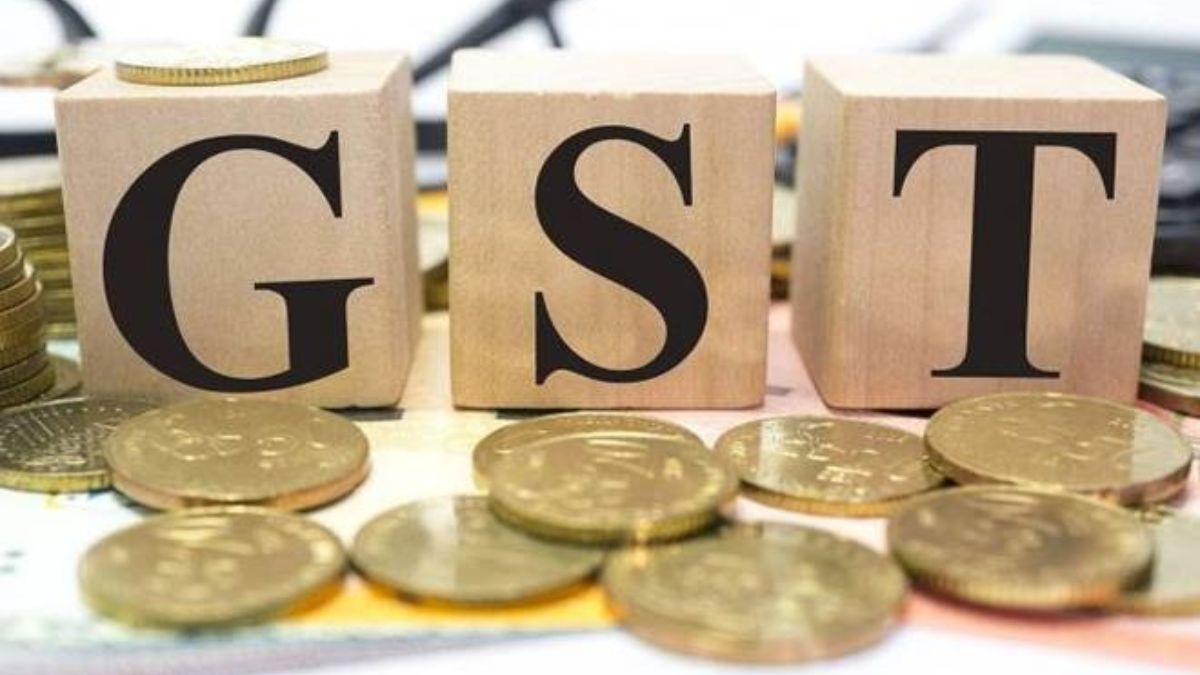)

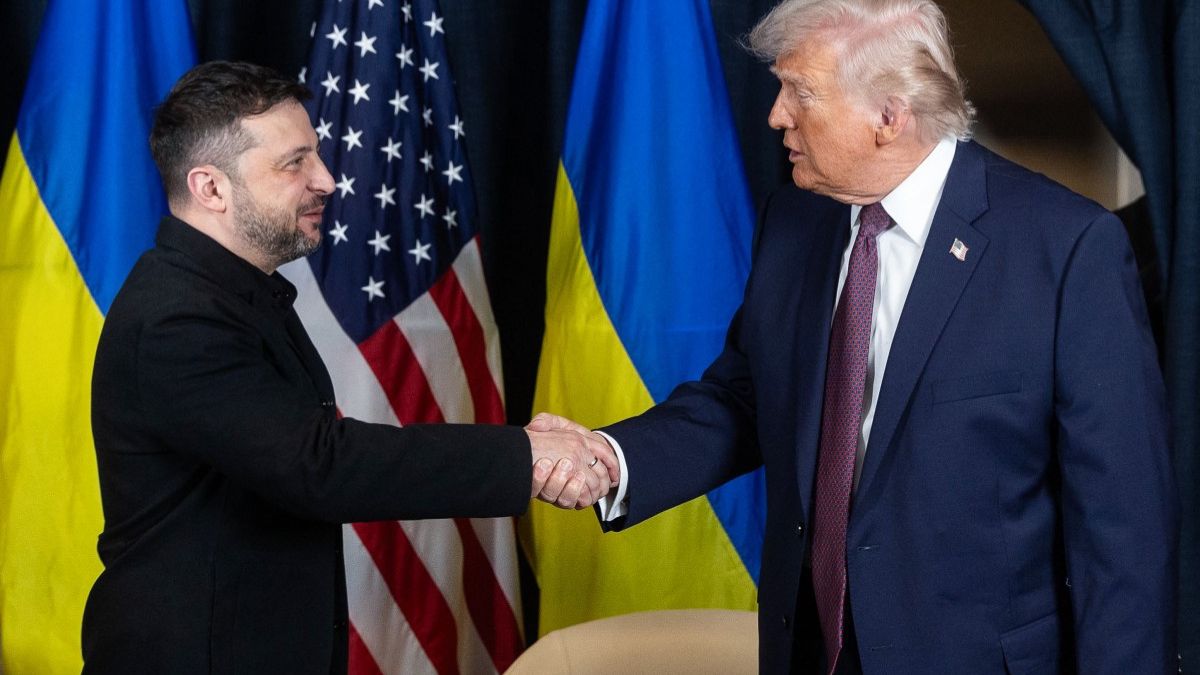)
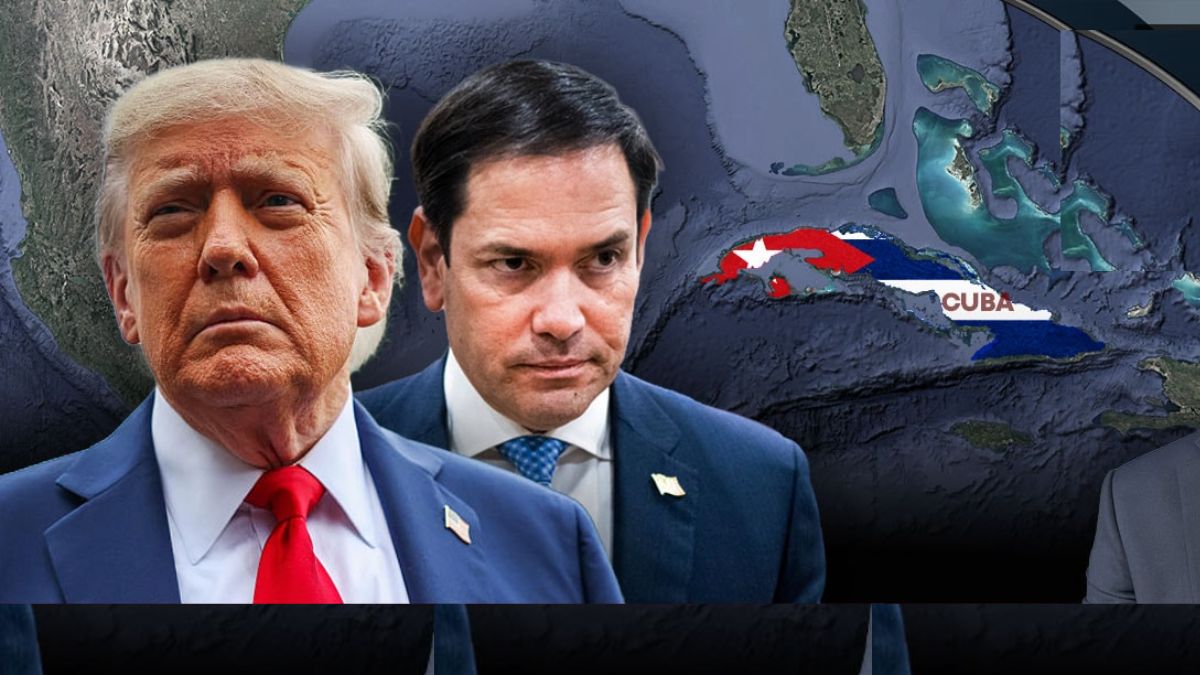)
)
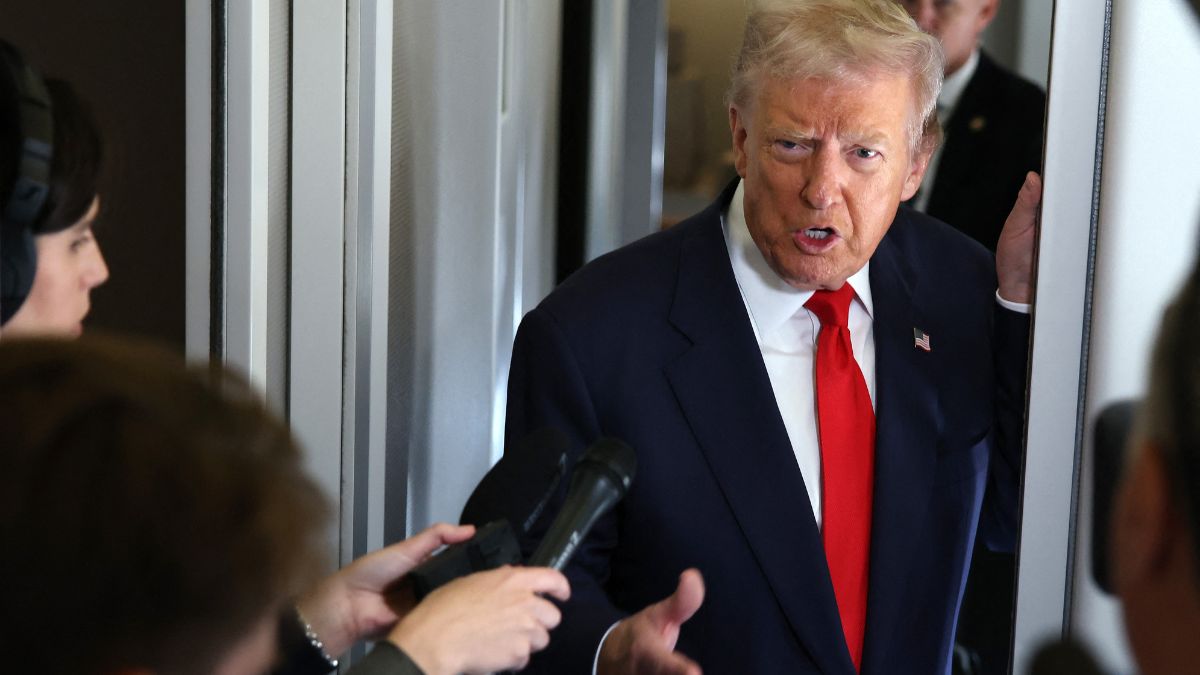)
)
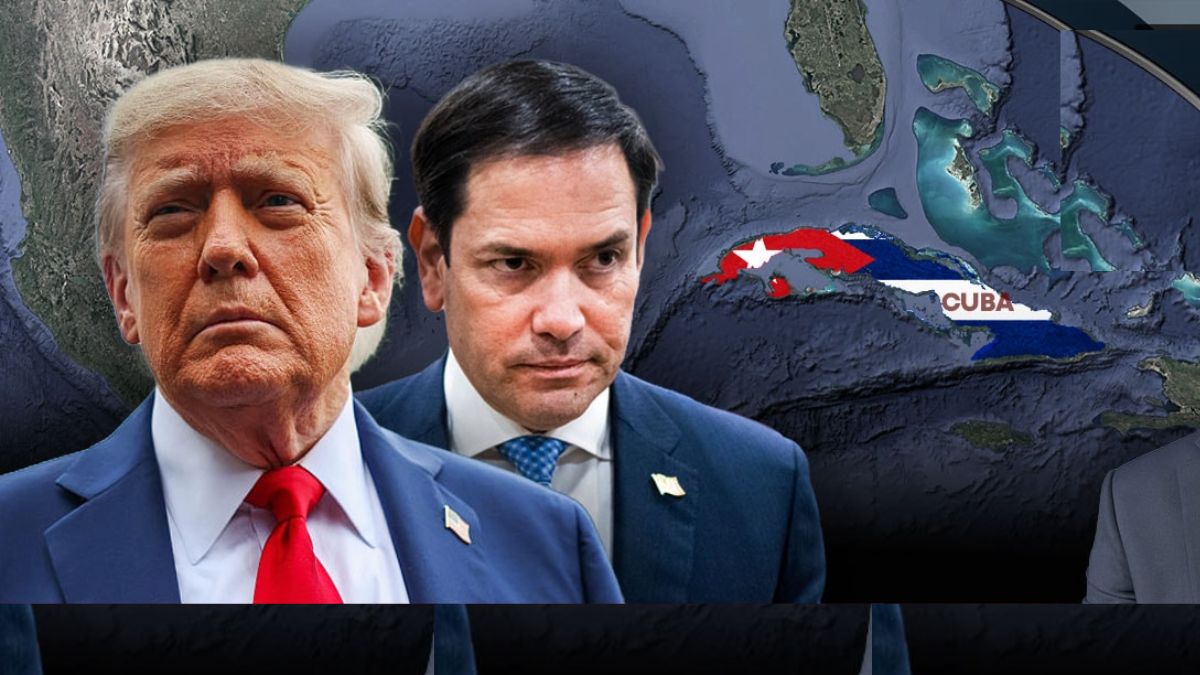)
)
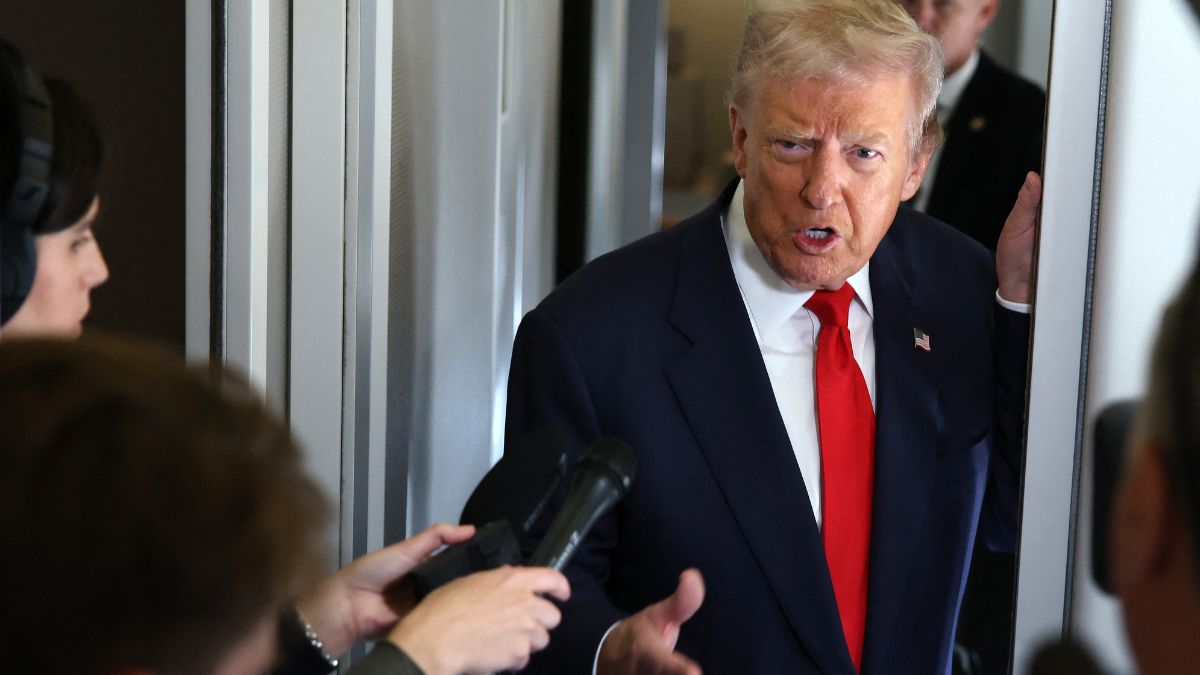)



